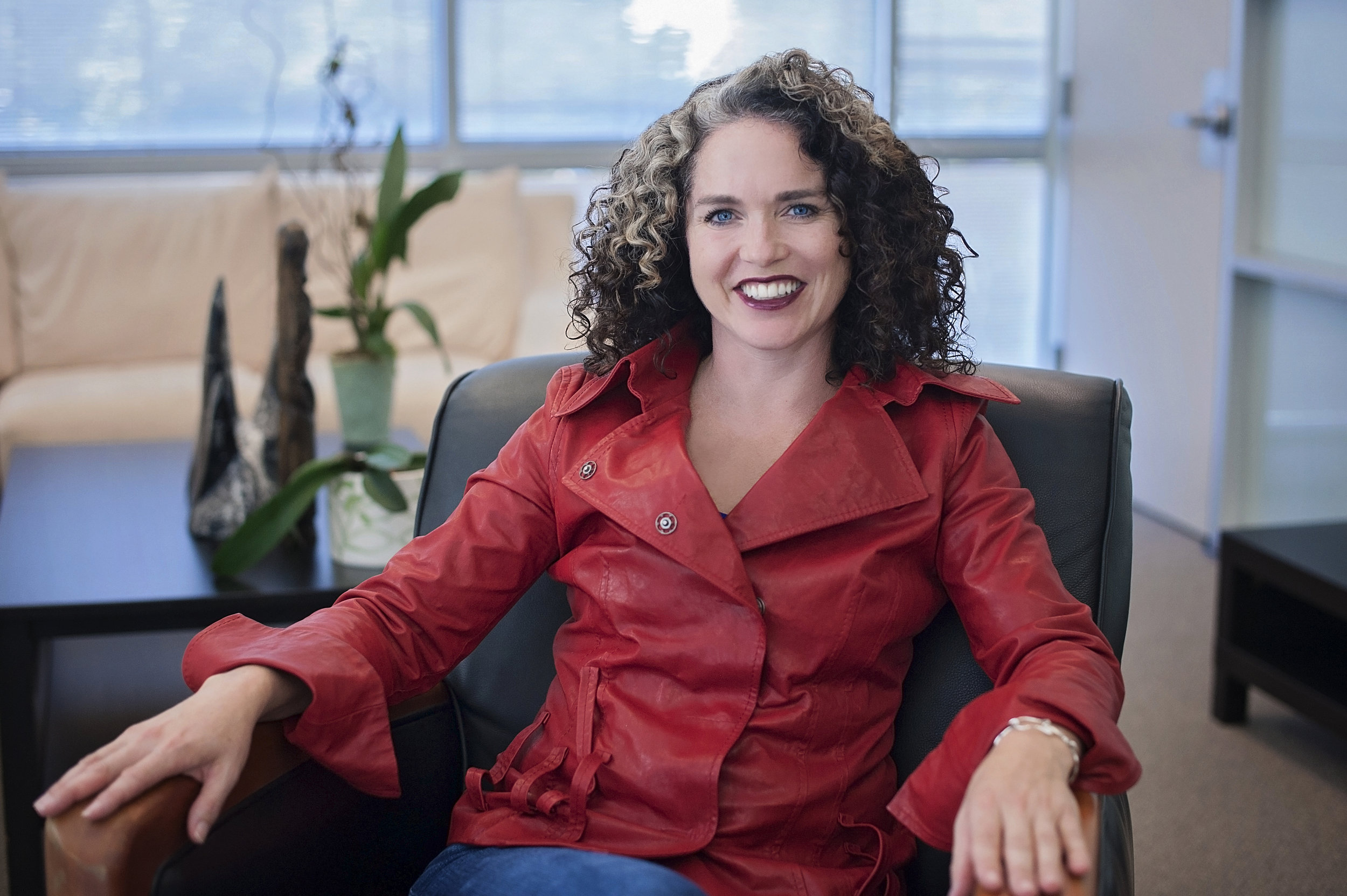Access Denied!
In July, a group of teenage girls from Afghanistan were denied three times—twice from gaining visas to enter the United States and once from representing their country in an international robotics competition.
The robotics team from Afghanistan quickly landed top headlines as their story was spread around the world, exposing the paradigm of America’s strict foreign policy. Following high pressure, President Donald Trump intervened with the U.S. State Department’s ruling to finally allow the girls entry to the U.S. The team successfully arrived at the FIRST Global Challenge Robotics Competition in Washington, D.C., eager to participate.
These girls noticed and sprang into action.
“We were so interested, because we find a big chance to show the talent and ability of Afghans, [and] show that Afghan women can make robots, too,” said team member Rodaba Noori in an ABC interview. Even while dealing with the visa complications, the girls hastily prepared and practiced with the resources they had in such little time so that they could accomplish what they had been working toward for years. The true reason their visas were denied was never revealed, but many believe it was out of concern that the team would not return to Afghanistan following the competition. Others say Trump’s immigration ban significantly interfered with their entrance.
But what was overlooked in all the controversy was the true cause of the girls’ success in earning visas: the high presence of social media activism that allowed for their voices to be heard. One American robotics team in particular made quite an impact after hearing of the adverse news. An all-girls team from the Potomac School in Virginia discovered the ordeal after reading an article, and they immediately took to finding the best possible way to spread the word about the Afghan team’s denial. The girls ultimately decided to create a petition directly targeted at the State Department, and they worked tirelessly to publicize it.
“Although Team Afghanistan’s robotics kit was held up in U.S. customs, the girls persisted and practiced creating robots out of household appliances,” the petition said. “These girls are not a threat in any way to the safety of U.S. citizens.”
We talked to the members of the Potomac School’s robotics team to learn more about their own background and why they advocated for the Afghan team.
Tell us about your own robotics team. What have been some of your key projects?
Anna: Last year, the four of us formed a robotics team in hopes to broaden our understanding of the engineering and computer science field. Since then, our team has competed in tournaments including the state and national championships, learned about the aspects of VEX program, spoken to girls about breaking stereotypes regarding girls in STEM, and grown extremely close.
Whitney: We’re an all-girls robotics team, which isn’t always easy, so we’ve focused a lot on that this year. We designed a comic book about a girl defying stereotypes and pursuing a STEM career, presented to the seventh and eighth grades at our school in hopes of getting more girls interested in STEM, and spoke at a Girls in Technology conference at Microsoft with some other girls from our school.
How has robotics shaped your own lives? Has it played any influence in your career goals?
Eleanor: Robotics has given me the opportunity to be creative and put my love of computer science to use. It has also made me realize I am interested in pursuing a career as a bioengineer.
Whitney: Robotics has given me an insight to a lot of different aspects of the technological fields, and raised an interest in pursuing a STEM-related career. I’ve loved science from a young age, but until joining the robotics team at my school, I’d never really engaged in the field.
What was your initial response following the initial denial of visas for the Afghan team?
Anna: As I was scrolling down my newsfeed on my phone, an article popped up about the all-girls Afghan team being denied visas. After reading the article from the Washington Post, I thought about not only how hard it must be for this group of all-girls to be girls in a male-dominated and stereotyped field—a topic our team knows about first-hand—but also about the struggle of being denied this amazing opportunity to compete. I immediately sent the link to our team group chat and, although at first I just thought of it as a good read, the article sparked countless ideas in my teammates who shared my same disgust with the visa denial. We texted back and forth for a few days debating whether we should do something about it and, if we did, what would it be. In the end, we decided to go all in.
Eleanor and Whitney launched the petition, I emailed some reporters in hopes to speak with the girls, and Hollis contacted organizations who would spread our petition. Because our petition wouldn’t grant the girl’s visas before the international tournament, we even started to plan a tournament that we could host in their honor when the finally got to visit the US. I can speak for my whole team when saying that we were shocked with the response we got from friends, family, peers, and the public; everyone seemed to be extremely positive right alongside us.
Eleanor: Following the Afghan team’s initial denial of Visas we quickly sprang to action. We were able to accumulate more than 1300 signatures on a petition we created on the We the People website. We were able to talk about the issue with the DC community, including many influential people in and around the public policy community. Additionally, we spoke with media at NY Magazine & Vice Media, among others.
What was your response when they were finally given Visas?
Hollis: After becoming so involved in the cause, I was ecstatic when I heard they were rightly given Visas. I hope their persistence and strength continues to inspire the world, as it has inspired our team.
Anna: This was a story that our whole team had become very passionate about over the past few weeks and to see the team succeed in what they set out to do was amazing.
Whitney: Whether our petition influenced the decision in any way or not, the girls get to compete, and their efforts have paid off, which is really all that matters.
What advice would you give to other girls interested in pursuing robotics/tech?
Eleanor: It’s difficult to be a minority as a young woman in a STEM field; however, it’s important to never give up no matter what people say.
Anna: Get out there and do it. There will always be setbacks and people who doubt you, but the rewards of succeeding, having fun, doing what you love, and also inspiring other girls are so much more meaningful and memorable in the long run.
Whitney: People will always be critical, but societal norms should never hold someone back from their goals.
Hollis: I would tell girls that they will face challenges, but know they are not alone. There are always people willing to give support, and asking for help can go a long way.
About the Author
Samantha Joseph is a recent high school graduate with a passion for journalism. She is an intern for Women 2.0. She currently lives amidst the buzzing tech hub of Silicon Valley, quite literally down the road from Google Headquarters in Mountain View, CA. Next fall, she will be majoring in Microbiology, Immunology, and Molecular Genetics as a freshman at UCLA.










